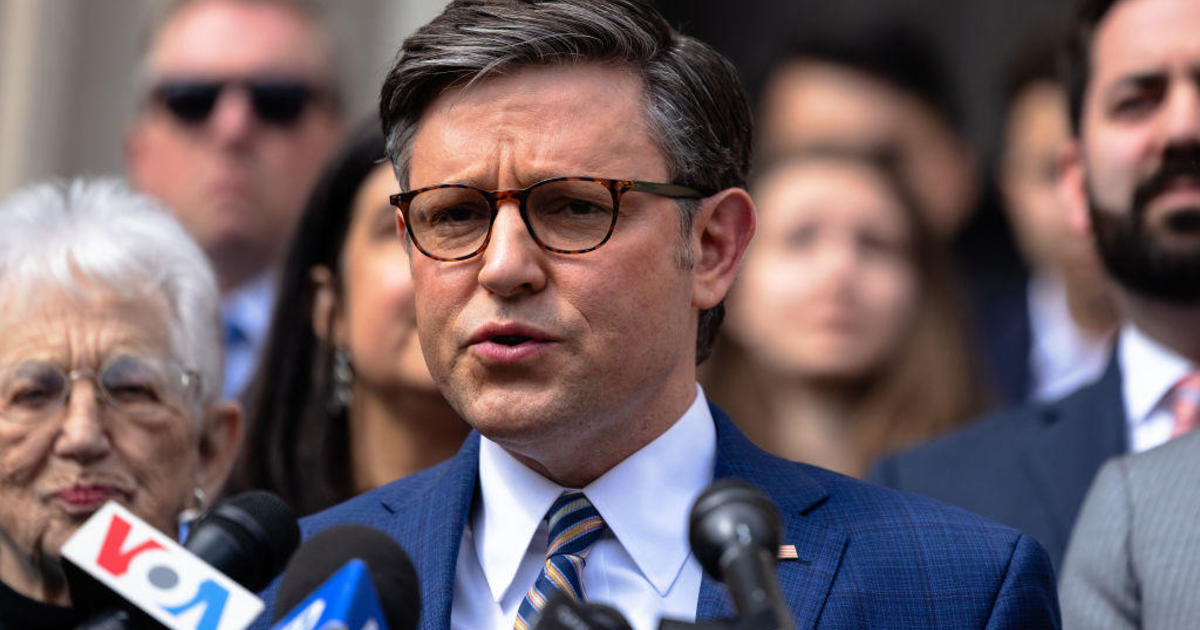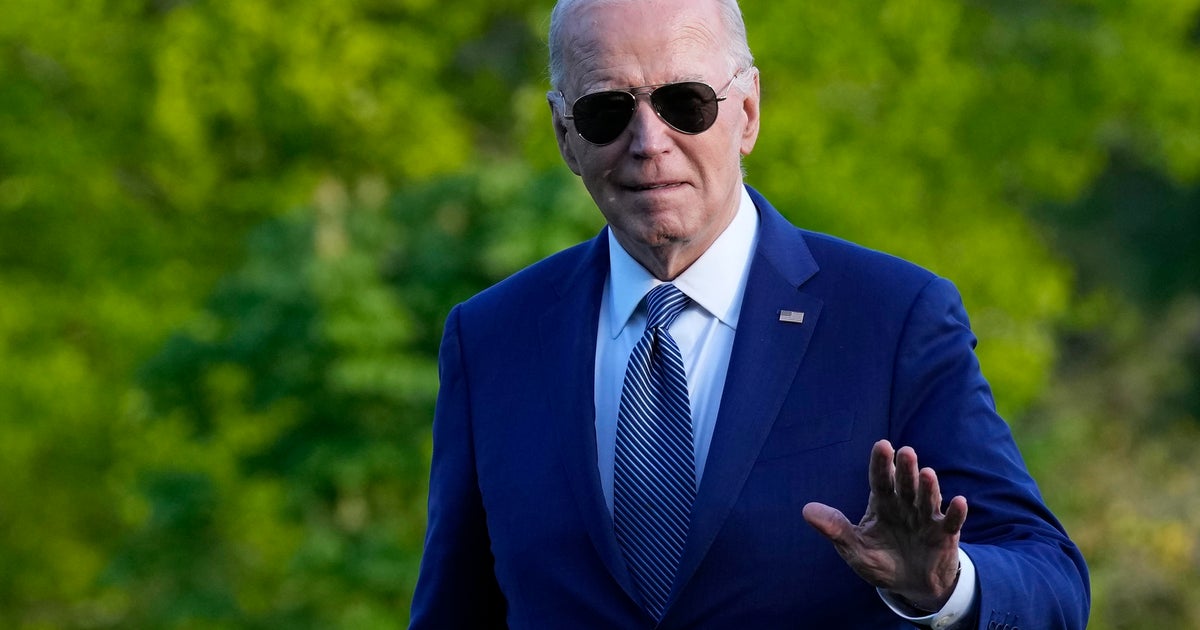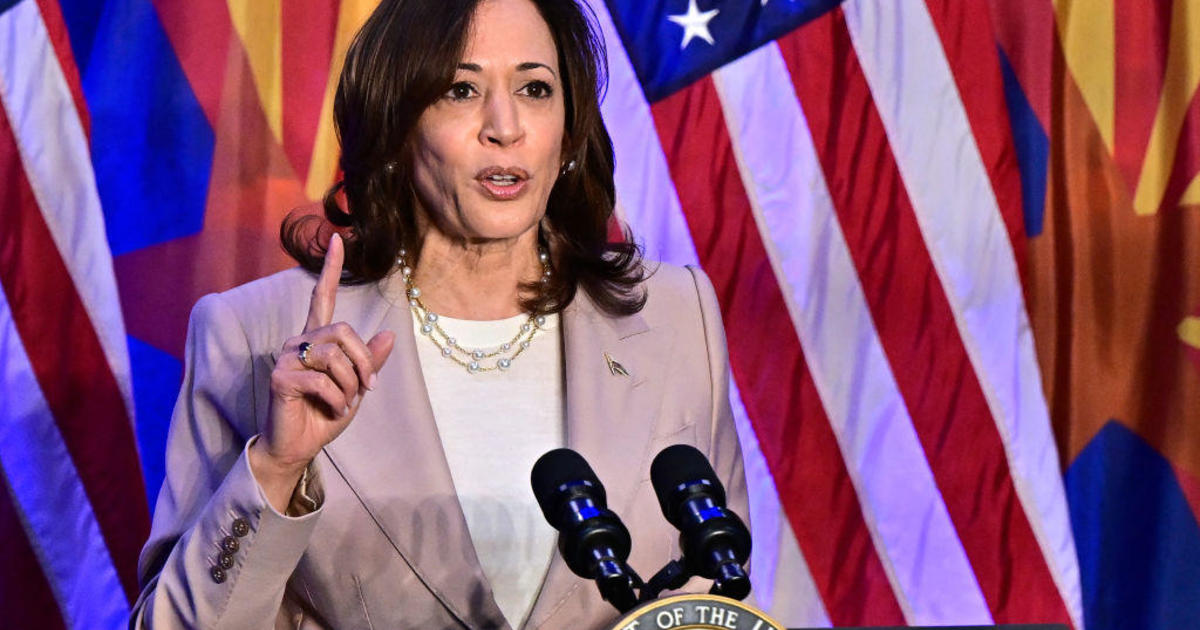Biden emphasizes taxes on richest companies to fund infrastructure proposal
In President Biden's most recent conversation with GOP Senator Shelley Moore Capito on Wednesday, he highlighted his proposal to help pay for infrastructure spending with taxes, the White House suggested.
"What happened over the last couple of days and also in the meeting [with Capito] yesterday is that the president did a thorough review of all of the tax reforms he's proposed," White House press secretary Jen Psaki told reporters Thursday. One of the proposals she mentioned was a 15% minimum tax on the nation's most profitable companies.
Psaki noted that establishing a minimum corporate book tax rate for some companies originated in the American Jobs Plan, the $2.3 trillion infrastructure proposal that Mr. Biden has since agreed to slim down to $1.7 trillion.
According to the first iteration of the jobs plan, the levy would be a 15% tax on the wealthiest companies' book income, that is, the high profits they disclose to their shareholders in their annual reports, as opposed to what is normally their taxable income, a figure that can often be as low as zero because of what the Biden administration deems "significant gaps in the current tax law." This tax could be applied to the approximately 200 companies with at least $2 billion in profits each year.
Republicans have balked at Mr. Biden's proposal to raise the corporate tax rate from 21% to 28% — they have no interest in undoing the 2017 tax cut legislation signed by former President Trump. Although Psaki said Thursday that Mr. Biden is "absolutely not" abandoning his desire to raise the overall corporate tax rate, the president's emphasis on the minimum book tax for some corporations indicates a willingness to work with Republicans on ideas to pay for the legislation that both parties may find agreeable.
"This should be completely acceptable to a number of Republicans who have said as their bottom line that they want to leave the 2017 tax law untouched," Psaki said. She noted that "this is not a new idea," but is "a component of what he's proposed as a pay-for that he's lifting up as a question of whether they could agree to that." Mr. Biden's emphasis on the minimum tax rate for corporations as a pay-for was first reported by the Washington Post.
Psaki reiterated that Mr. Biden believes that corporations should pay more in taxes, but noted that there were multiple ways to fund his proposals.
"Unless you think corporations shouldn't pay any tax at all — and we'll leave that to others to speak to — then there should be a way to find a path to agreement," Psaki said.
According to an analysis by the Institute on Taxation and Economic Policy, a left-leaning nonprofit tax policy organization, at least 55 of the largest corporations paid no federal corporate income in the most recent fiscal year.
Capito and a group of five other Republican senators last week unveiled a nearly $1 trillion proposal that includes $257 billion in new spending. A senior Republican aide confirmed to CBS News that Mr. Biden told Capito in their meeting on Wednesday that he would want an infrastructure proposal with $1 trillion in new spending, substantially more than what Capito and Republicans offered.
Republicans have suggested using untapped funds from previous coronavirus relief measures and user fees to pay for an infrastructure proposal. But Mr. Biden ruled out user fees because they could end up raising taxes on Americans making under $400,000 per year, and he is unenthusiastic about using coronavirus-related funds.
Mr. Biden did suggest repurposing up to $75 billion in monies from coronavirus relief measures that passed before the American Rescue Plan, Psaki confirmed, but she noted that the "vast majority of these funds are allocated."
After Capito and Mr. Biden spoke by phone on Friday, the White House said Capito's counter-proposal included a roughly $50 billion increase, which Mr. Biden said "did not meet his objectives." The two agreed to speak again on Monday. Psaki said that the negotiations could extend beyond this upcoming Monday, contradicting Transportation Secretary Pete Buttigieg, who said earlier this week that there was a soft deadline for talks on June 7.
"We're not here to set new deadlines, we're going to continue those conversations," Psaki said.
Still, Psaki indicated that the White House may not wait forever to reach a deal, saying that there are "a number of paths forward" on infrastructure. She noted that the House will begin a markup of the American Jobs Plan in its current form next week.
Sarah Ewall-Wice and Allison Gualtieri contributed to this report.




